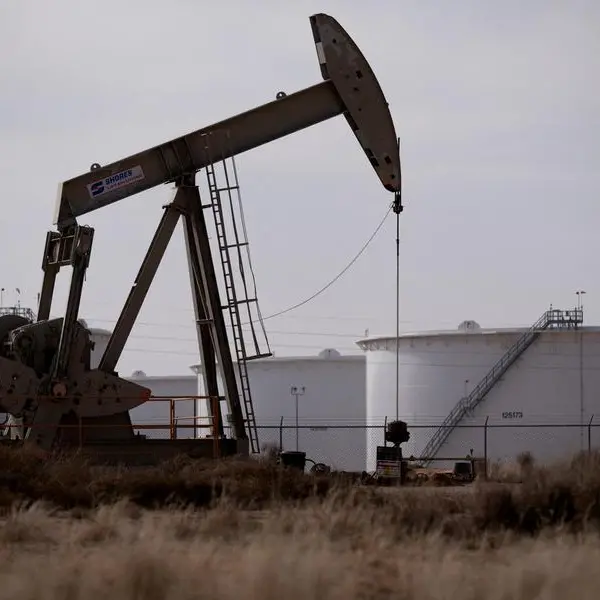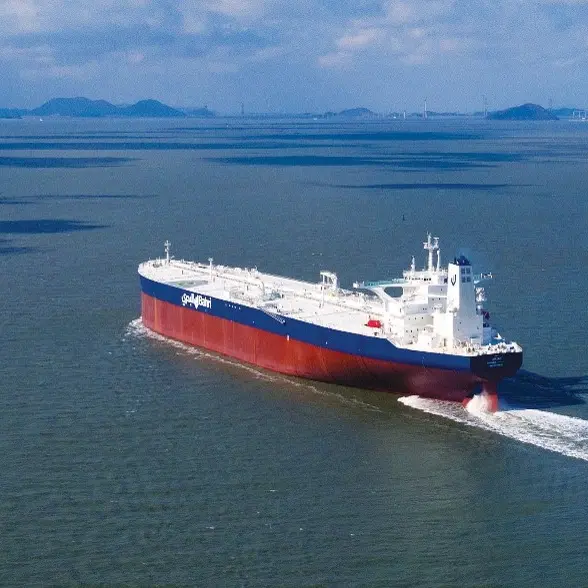Saturday, Feb 06, 2016
Dubai: Falling oil prices may “have slowed down” some of the economic decisions in oil-giant Saudi Arabia, according to an investment expert.
However, no projects have been halted so far, and no economic impact, if any, is expected to be seen before the second half of the year, said Francesco Maria Pavoni, Managing Director, Global Executive Committee, at Value Partners, a consultancy group that does majority of its work in Saudi Arabia. Value Partners, a Hong Kong-based asset management company, is the largest hedge fund in Asia.
The company was founded in 1993 as a boutique firm by the present Chairman & Co-chief investment officer Dato’ Cheah Cheng Hye, and businessman Yeh V-nee, a non-official member of the Executive Council of Hong Kong from 2009 to 2012.
“Saudi is a large and sizeable market, but … it is at a crossroads due to the oil prices putting economic, international and political relations in stress,” said Dubai-based Pavoni in an interview with Gulf News.
Oil prices have reached their lowest levels since 2003, reaching $27 (Dh99) per barrel in January. After some recovery, the prices slipped again below $35.00. With a production of nearly 10 million barrels per day, Saudi Arabia is the biggest oil producer and exporter among the member states of the Organisation of Petroleum Exporting Countries (Opec).
Asked about the impact of the falling oil prices on the business in Saudi Arabia, Pavoni said “in some selected cases, ‘affected’ means we have some businesses where maybe some of the decision-making is slowed down, but none have been truly affected so far.”
He said that Saudi Arabia has a large amount of foreign reserves, but “while these reserves are enough to sustain them for the time being, it will logically not last them forever and must not compromise the ability of the country to do something concrete now to ensure their future sustainability,” he said.
Diversification
There is a need to change the fundamentals of the Saudi economy, and “start making the relevant decisions based on an agenda split into multiple pillars”, he added.
“First, we have diversification. Diversification for Saudi Arabia means that we need to make money out of different sectors other than just oil. They need to take advantage of their service capabilities; make money from petrochemicals; take advantage of their tourism industry; and focus on potential agriculture revenues,” he said.
“Second, they need to take privatisation into consideration. Privatisation is one of the ways they can ensure that they are constantly able to react and change to what is going on in the industries,” he continued.
“The last pillar that needs to be taken into consideration is execution. The decisions are more or less there, which means they are moving in the right directions by adopting reforms. An example of that is the reduction in the energy subsidies, which take a significant part of the budget deficit,” Pavoni added.
Launching reforms is a complex transition change, as it takes time and it needs a change in people and their mindset, he says.
“To face the challenges in Saudi Arabia, there needs to be a management and cultural change to make sure they can pursue transformational action,” he said.
Privately-owned Value Partners, which is a boutique consultancy company, has many “clients” in the kingdom, including an “important oil conglomerate and an important Saudi fund” as well as other businesses in different areas. The consultancy group also has clients in the UAE, Kuwait and Oman, in different fields, including aerospace, defence, security, IT, marketing, telecommunication and even fashion companies.
Infrastructure growth
Saudi efforts should not only focus on diversification of the economic, social and political infrastructure in the next few years, but should also focus on making this infrastructure grow and meet the needs of the youth population. It is estimated that the Saudi youth population needs between 3.5 and 4 million job opportunities over the next 10-15 years, said Pavoni, who has been working in the Middle East region for several years.
Official figures show that nearly half of the Saudi population is under the age of 25 years. Saudi Thirty per cent of Arabia’s population of 29 million are expatriates.
The kingdom and other oil producing countries have started working on diversifying their economies. However, these efforts received a boost and intensified with the recent sliding of oil prices.
While Pavoni said “Saudi is moving in the right direction,” he continued that the kingdom “needs to acknowledge that there are other additional actions they need to take in certain areas, namely strengthening their businesses through international alliances.”
“There are too many blocks in place at the moment, which hinder the potential that international alliances bring. They need to address the complex visa issues; border regulations; the legal infrastructure that protects local businesses; and, finally, the developing international financial market. Saudi Arabia is moving in the right direction, but it will take some time to change and evolve into a major player within the global system and community.”
By Jumana Al Tamimi Associate Editor
Gulf News 2016. All rights reserved.




















